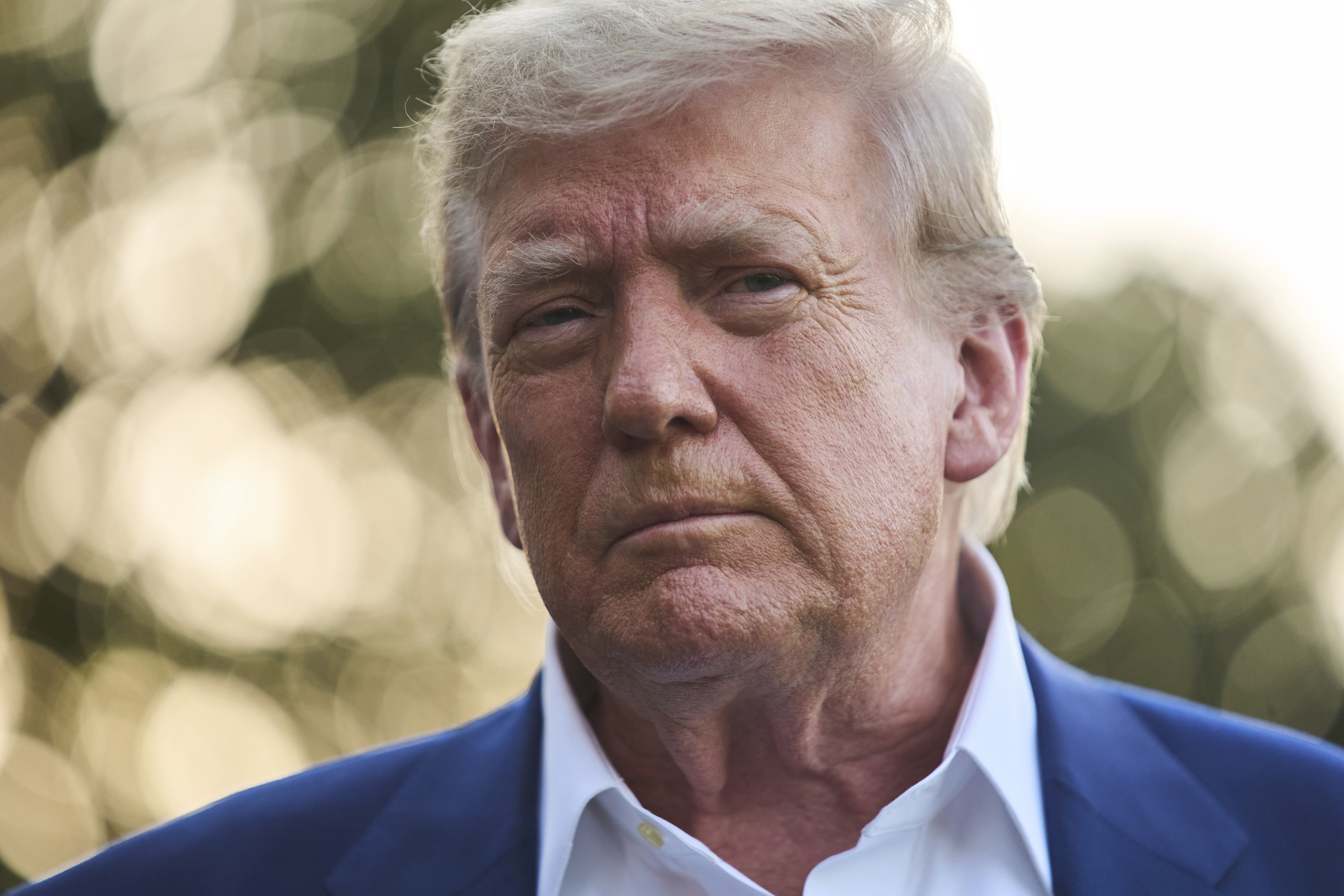Donald Trump considers Spain a problem in terms of military spending, as reported by Reuters. The statement would have been made from Air Force One during the President of the United States' trip to The Hague to participate in the NATO summit.
Trump demands that all Alliance members increase their defense spending to 5%, a point that the Spanish Prime Minister, Pedro Sánchez, has completely rejected. The Government maintains that they will remain at 2.1%, which is what was agreed upon on Sunday with the NATO Secretary General. Mark Rutte, however, denied this agreement yesterday and insisted that Spain must reach 5%.
Trump's declaration marks a new criticism towards Spain from the United States. In recent weeks, Trump himself and members of his Administration have emphasized that all allies must reach 5%, "including Spain." Today, from The Hague, Rutte reiterated that the U.S. wants to remain in NATO, but for that to happen, all countries in the Alliance must reach that spending level.
All of them, Trump, Rutte, and Sánchez, will meet for the first time tonight at the gala dinner hosted by the King and Queen of the Netherlands. The arrival of the President of the United States in The Hague is scheduled for 7:30 p.m.
Government sources explain that in recent weeks, within the framework of the NATO Defense spending negotiations, there have been diplomatic contacts "at the highest level" with the U.S., and the intention is not to "sabotage" the summit. They frame Trump's and Rutte's words as opinions. They argue that they have worked "discreetly" and "loyally" and that during the negotiation process, no country objected to Spain's requests.
Against the criticisms, the Government insists that there is a "statement from NATO," which is their interpretation of the exchange of letters between Mark Rutte and Pedro Sánchez, stating that they are not committed to spending 5% of GDP on Defense, as requested by the Alliance and the U.S., and this is reflected in the declaration that the allies are going to sign.
Specifically, the Government points out that the final declaration is full of ambiguity so that each of the allies, depending on their position and approach, can interpret it according to their interests. They anticipate that the use of formulas like "we, the allies" or "all the allies" has been avoided, simply mentioning "the allies" so that some can do one thing and others another.
In any case, the Government tries to counter these criticisms by conveying the message that Spain is "a serious and reliable partner," and they argue that Spain's rejection to spend 5% of GDP on Defense is a known and publicly stated position for some time.
